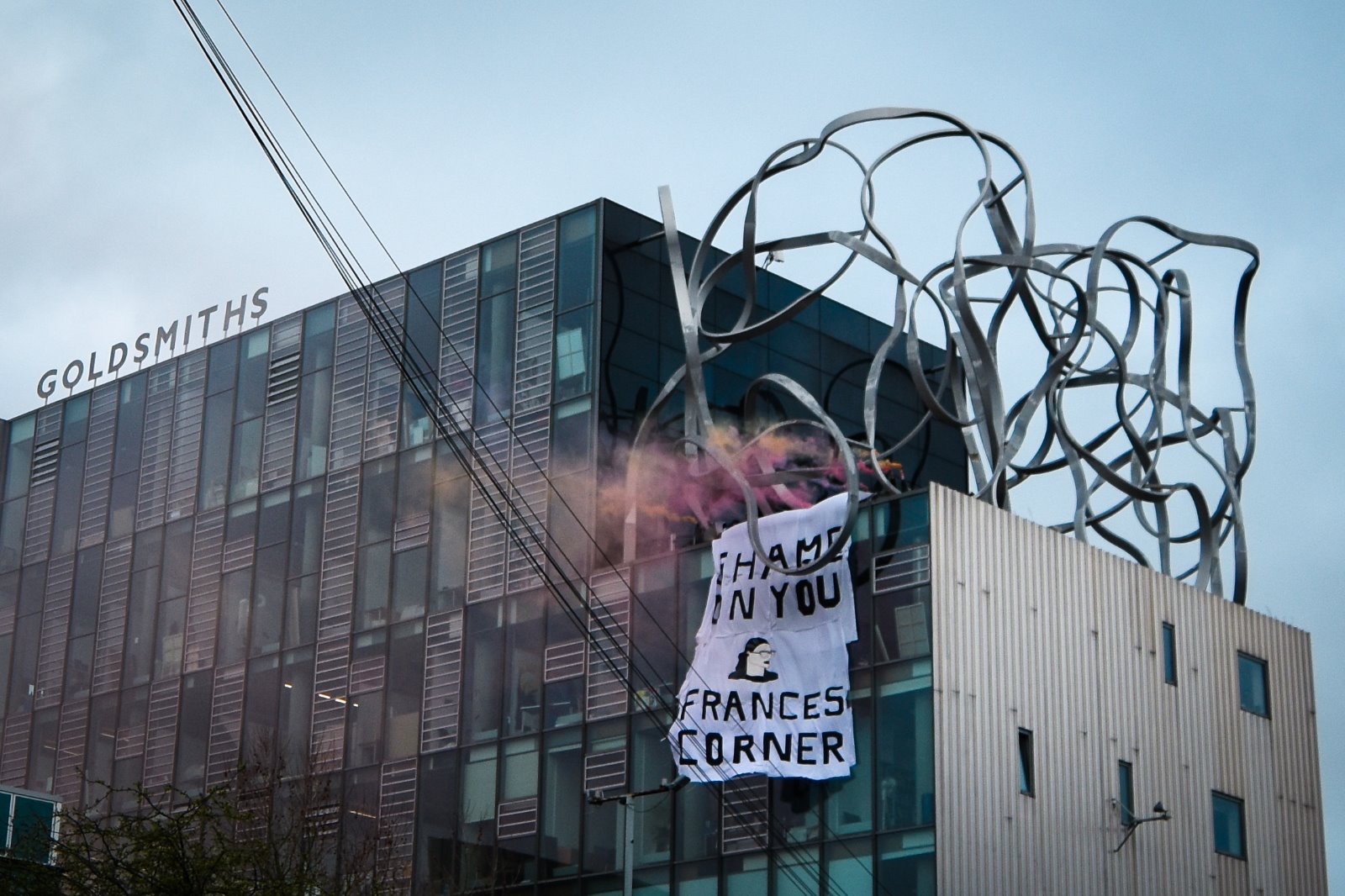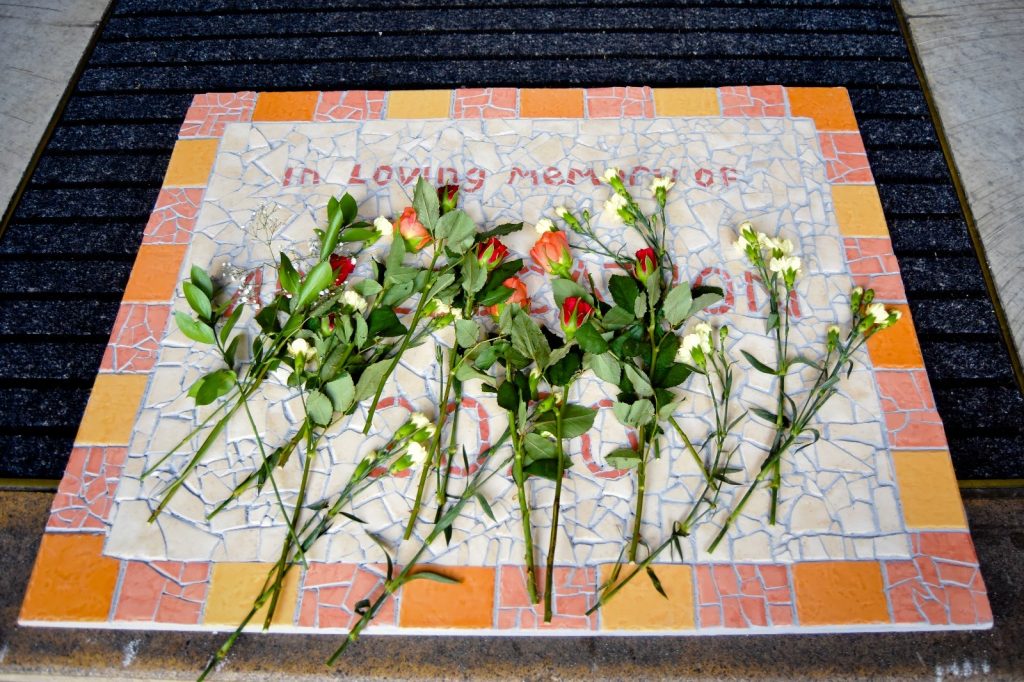 We imagine that you all have read the results of the 2020 NSS survey for Goldsmiths with dismay. Although much has been said about the validity of NSS in general and during this difficult year in particular, we do not believe that this is the place to undertake this analysis.
We imagine that you all have read the results of the 2020 NSS survey for Goldsmiths with dismay. Although much has been said about the validity of NSS in general and during this difficult year in particular, we do not believe that this is the place to undertake this analysis.
Suffice to say that our members are in constant, engaged and often sensitive contact with students across the university. This gives us a more qualitative insight into students’ unhappiness with our institution than may be captured by the NSS. In her email from July 16th, the Warden writes that the NSS represents “…a fall of 13.4% on last year” and adds that we all “have a responsibility to ask ourselves why our students feel the way they do about Goldsmiths”. We share this feeling and ask that the Warden takes this responsibility to heart, acknowledging that SMT has had a major part to play in this significant year-on-year drop in students’ satisfaction.
Aside from the long periods of strike and the global pandemic that have shaken the higher education sector, Goldsmiths has been further affected in 2019-20 by the ill-timed attempt to force the implementation of “Evolving Goldsmiths” during the largest industrial action the HE sector has seen in years. Evolving Goldsmiths not only lacked a clear vision, merely replicating the exhausted managerialist model that Goldsmiths was wise enough to avoid a decade ago, but it failed to listen to the wider Goldsmiths community, insisting on a top-down style of delivery that was profoundly disheartening to staff and students. During this process the SMT has repeatedly talked down the value and quality of Goldsmiths provision, proving itself unable and unwilling to champion Goldsmiths for its unique profile. As GUCU has repeatedly noted, this relentlessly negative assessment of its own value has taken a significant toll on staff and students’ morale.
Moreover, despite the assurances of the Survey organisers that Covid-19 had a negligible impact on the NSS, we have heard a very different story: Goldsmiths was the first University campus to experience a Covid-19 outbreak, but one of the last to move teaching online in a coordinated response. Students struggled to get advice on their housing, their visa situation, mental health issues, and access to testing and healthcare by consulting the College, whose communications seemed ad hoc and intermittent. The multi-scalar crises many students found themselves in were dealt with only by individual committed academic and professional staff who could not rely on University-level support or guidance.
Goldsmiths is in the spotlight due to the strength of broad-based and inclusive student anti-racist and anti-outsourcing and casualisation movements on its campus, but also because its community ‘demands more’, that is, holds Goldsmiths to higher standards of responding to inequity and upholding social justice; indeed, this is why students and staff choose to come to Goldsmiths. This character is precisely what the current management of the College seems unwilling to appreciate or support, and in fact is working actively to sabotage. The Warden’s repeated invocation of a “silent majority” to justify the side-lining of the NUS and the UCU in favour of much more superficial consultative tools (such as Citizen Space) not only has dark resonances, it remains stubbornly resistant to more meaningful forms of dialogue that are now urgently needed. Moreover, these surveys are intrinsically designed to outsource responsibility away from SMT, a pattern that has become sadly familiar.
Finally, we believe that at a time when universities are under attack by a government that considers arts and humanities degrees “low-value”, those in charge of steering universities have a special responsibility not to accept this narrative but to actively participate in defending a different model of education, one that sees students and staff as part of a community, rather than as unhappy customers to be assuaged and ‘risk factors’ to be controlled. We remain committed to improving our students’ experience of Goldsmiths and, if the Warden wants to lead an “evidence-based approach to enhancing our offer” we urge her to abandon the patronising reliance on superficial polls and surveys and engage in a more nuanced, qualitative and meaningful dialogue with the Goldmiths’ community of students, a task for which the staff who so passionately have cared for them during this last crisis are best placed to undertake.
Even if our sole objective for 2021 is to improve our NSS results, a drastic change of course is needed.
GUCU Branch Executive
July 21st, 2020
